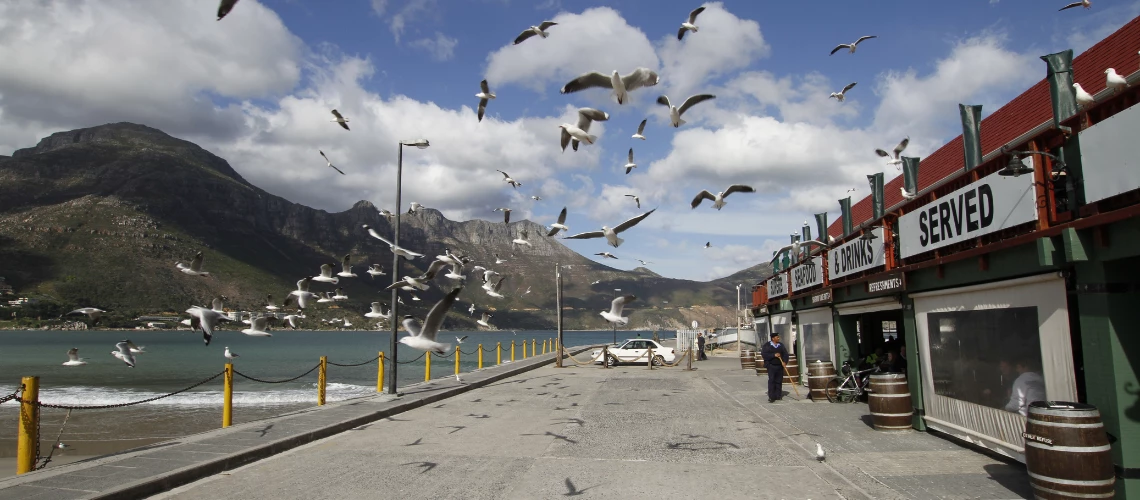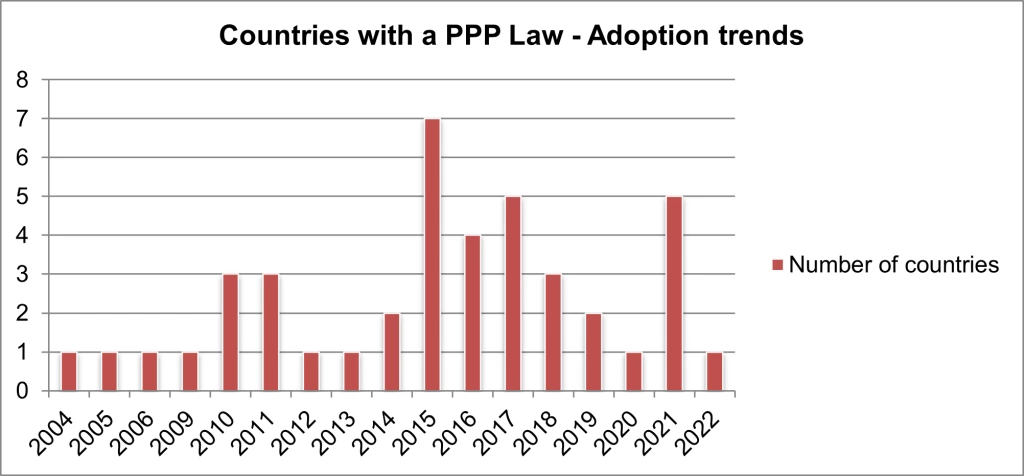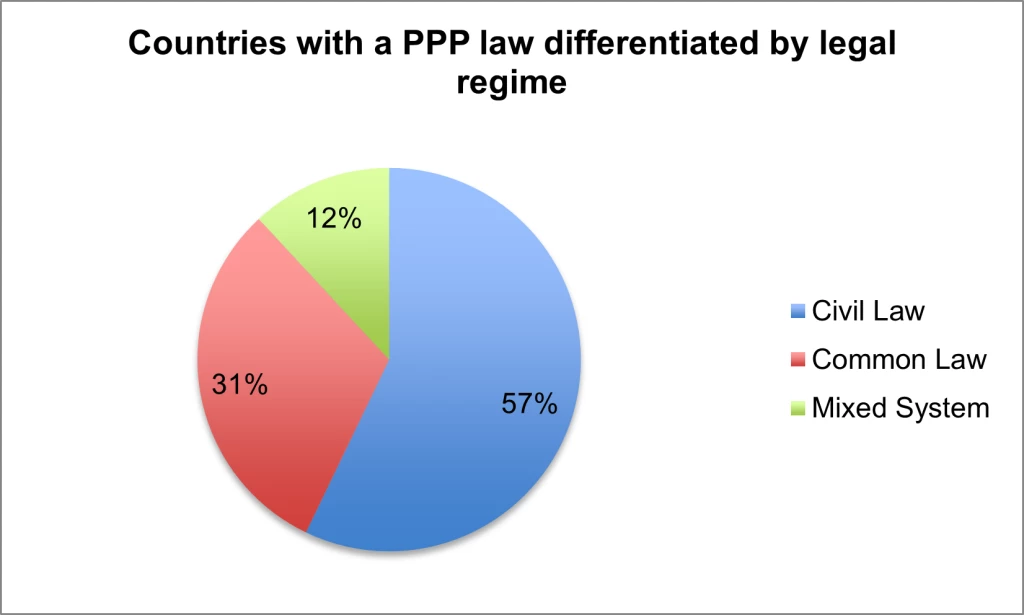 Fishing vessels arrive back in harbour and unload their catch of Hake in Hout Bay, Cape Town Western Cape, South Africa.
Fishing vessels arrive back in harbour and unload their catch of Hake in Hout Bay, Cape Town Western Cape, South Africa.
There is an unprecedented interest among African countries in attracting private investment in infrastructure and services to meet the growing national demand. However, while public procurement regulation is well established globally, the development of modern and secure legal and institutional PPP frameworks to facilitate private investments in infrastructure is progressing gradually throughout the continent.
The responsibility of establishing legal and institutional PPP frameworks also lies with governments that must be capable of identifying and selecting suitable projects, conducting transparent tenders, structuring robust contracts, and implementing checks to ensure the proper execution of PPP projects.
Against this backdrop, the African Legal Support Facility (ALSF) has developed country profiles to assess the progress of developing PPP legal frameworks in individual African nations. Furthermore, the ALSF has also collected data and carried out a comparative analysis of existing legal and institutional PPP frameworks in Africa, resulting in the recently published ALSF Survey, Public-Private Partnerships, Legal & Institutional Frameworks in Africa – a comparative analysis.
The survey is primarily addressed to African governments that have already included or are considering including PPPs as a method for delivering public assets and services. National authorities and legislative bodies may also refer to this survey when developing PPP legal frameworks or assessing the effectiveness of existing ones. Additionally, international financial institutions and private sector investors who wish to gain a better understanding of how legal PPP frameworks operate across various African jurisdictions can also find value in the survey.
Key findings of the survey include:
• Out of the 54 countries in Africa, 42 have enacted PPP legislation.
• Out of these 42 countries, 24 follow the civil law tradition, 13 have a common law legal system, and five have a bi-jural system.
• Western and Central Africa have the highest percentage of economies that have enacted specific PPP laws, with all countries in the region having laws in place, except for Equatorial Guinea and The Gambia.
• Conversely, countries in Eastern and Southern Africa have enacted the least-specific PPP laws. Among the 12 countries that make up the Southern Africa region, four remain without a PPP law: Botswana, Eswatini, Lesotho, and South Africa.
• Other countries in Africa that have not enacted specific PPP laws include Comoros, Eritrea, Seychelles, and South Sudan in East Africa; and Algeria and Libya in North Africa.
• Annual trends show that the highest rate of enacted laws was between 2015–2017 with 16 laws passed over the three-year span. The first African country to enact a specific PPP law was Mauritius in 2004, while the most recent is the Republic of Congo in 2022.
• 41 of the jurisdictions surveyed have one or more dedicated PPP Unit. Composed of government teams focusing on PPPs, some units are independent institutions akin to other government departments, while others are either attached to Ministries of Finance, other technical ministries, or housed within the office of the prime minister or president.
The survey also offers a comparative analysis of the criteria used to define PPPs in Africa, the main benchmarks considered in the preparation of PPP projects, the different procurement methods employed in Africa, the contractual arrangements for PPPs, and approaches for addressing dispute resolution.
Finally, it is widely known that just as the signing of a PPP contract is not an end, but rather the beginning of a new endeavour, the adoption of a PPP framework does not, at least at this point, directly translate to increased deal flow.
While three out of four countries in Africa have implemented PPP legislation, the number of financially closed PPP projects on the continent remains limited. Additionally, the PPP market in Africa is heavily concentrated in just a few countries, notably Egypt, Ghana, Morocco, Nigeria, and South Africa, which together represent more than half of all PPPs on the continent by value. This highlights the critical importance of African governments taking decisive actions to enhance the credibility and significance of their PPP frameworks.
The ALSF's PPP Frameworks Survey emerges as a tool for ensuring that adopted PPP laws effectively promote a pipeline of bankable projects likely to attract investors. It offers a comprehensive assessment of existing PPP frameworks and serves as a platform to encourage both reflection and the development of legislative solutions that contribute to addressing complex challenges facing states, including climate change and energy transition. The survey aims to contribute to the development of innovative PPP frameworks, paving the way for socially responsible and successful projects.
Disclaimer: The content of this blog does not necessarily reflect the views of the World Bank Group, its Board of Executive Directors, staff, or the governments it represents. The World Bank Group does not guarantee the accuracy of the data, findings, or analysis in this post.
Related Posts:
Rethinking how to attract the private sector in public infrastructure assets and services in Africa
Address today’s challenges to build a sustainable long-term PPP strategy for Africa
Another unknown in post-COVID PPPs in Africa: Resumption of foreign direct investment





Join the Conversation